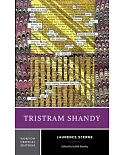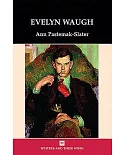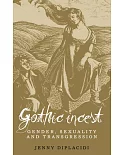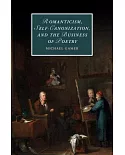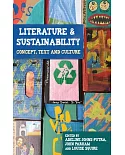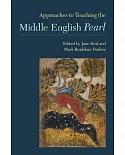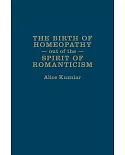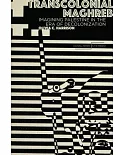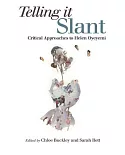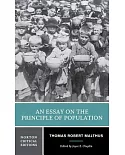In recent years it has become much more accepted in Germany to consider aspects of the Second World War in which Germans were not perpetrators, but victims: the Allied bombing campaign,
expulsions of "ethnic" Germans, mass rapes of German women, and postwar internment and persecution. An explosion of literary fiction on these topics has accompanied this trend. Sebald's The Air
War and Literature and Grass's Crabwalk are key texts, but there are many others; the great majority seek not to revise German responsibility for the Holocaust but to balance German victimhood
and German perpetration. This book of essays is the first in English to examine closely the variety of these texts. An opening section on the 1950s -- a decade of intense literary engagement
with German victimhood before the focus shifted to German perpetration -- provides context, drawing parallels but also noting differences between the immediate postwar period and today. The
second section focuses on key texts written since the mid-1990s shifts in perspectives on the Nazi past, on perpetration and victimhood, on "ordinary Germans," and on the balance between
historical empathy and condemnation. Contributors: Karina Berger, Elizabeth Boa, Stephen Brockmann, David Clarke, Mary Cosgrove, Rick Crownshaw, Helen Finch, Frank Finlay, Katharina Hall,
Colette Lawson, Caroline Schaumann, Helmut Schmitz, Kathrin Sch�繞del, and Stuart Taberner. Stuart Taberner is Professor of Contemporary German Literature, Culture, and Society, and Karina
Berger, B.A., M.St., is a Ph.D. candidate, both at the University of Leeds, UK.


